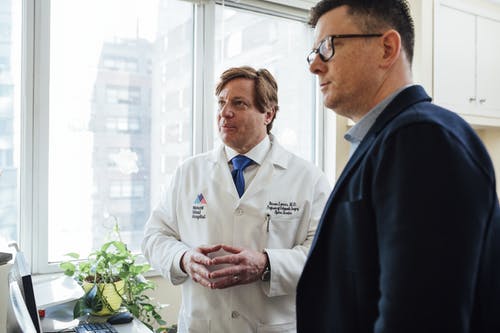One common mistake we make is going for checkups only when we are sick. This is a wrong move that results in endangering the health.
The best move to make is go for checkups even though there is no medical problem in sight. One reason why checkups are important is because they allow you to uncover health problems that are at the beginning stage.
Some people get addicted because they do not undergo checkups. Going for checkups does not necessarily imply that you are looking forward to the physical benefits. There are other benefits like mental health and emotional health that you will reap.
A doctor would be able to tell if you have a mental health problem from a single check-up session, and he or she would be able to proffer advice that would help you become better.
One thing you should know is, medical health issues are often connected with mental health problems and they can make an individual become addicted in the process.
Addiction negatively impacts the health and preventing it is one of the best ways to living a healthy life. There are some people who are on the verge of addiction, they abuse substances without knowing that there are adverse effects.
Such people need to be closer to the hospital than ever because they are treading on dangerous paths.
Prior to going for a health check, it is necessary that you know about your medical history. This is because, the doctor would most likely ask you as touching the history of certain diseases in your family; if they are present or not.
In preventing addiction from settling in your life and your family, it is vital to go for checkups. For families, it could be a monthly affair.
For individuals too, it could be once in a month. No matter how tight the schedule might be, giving attention to your health by going for checkups needs to be a top priority.






